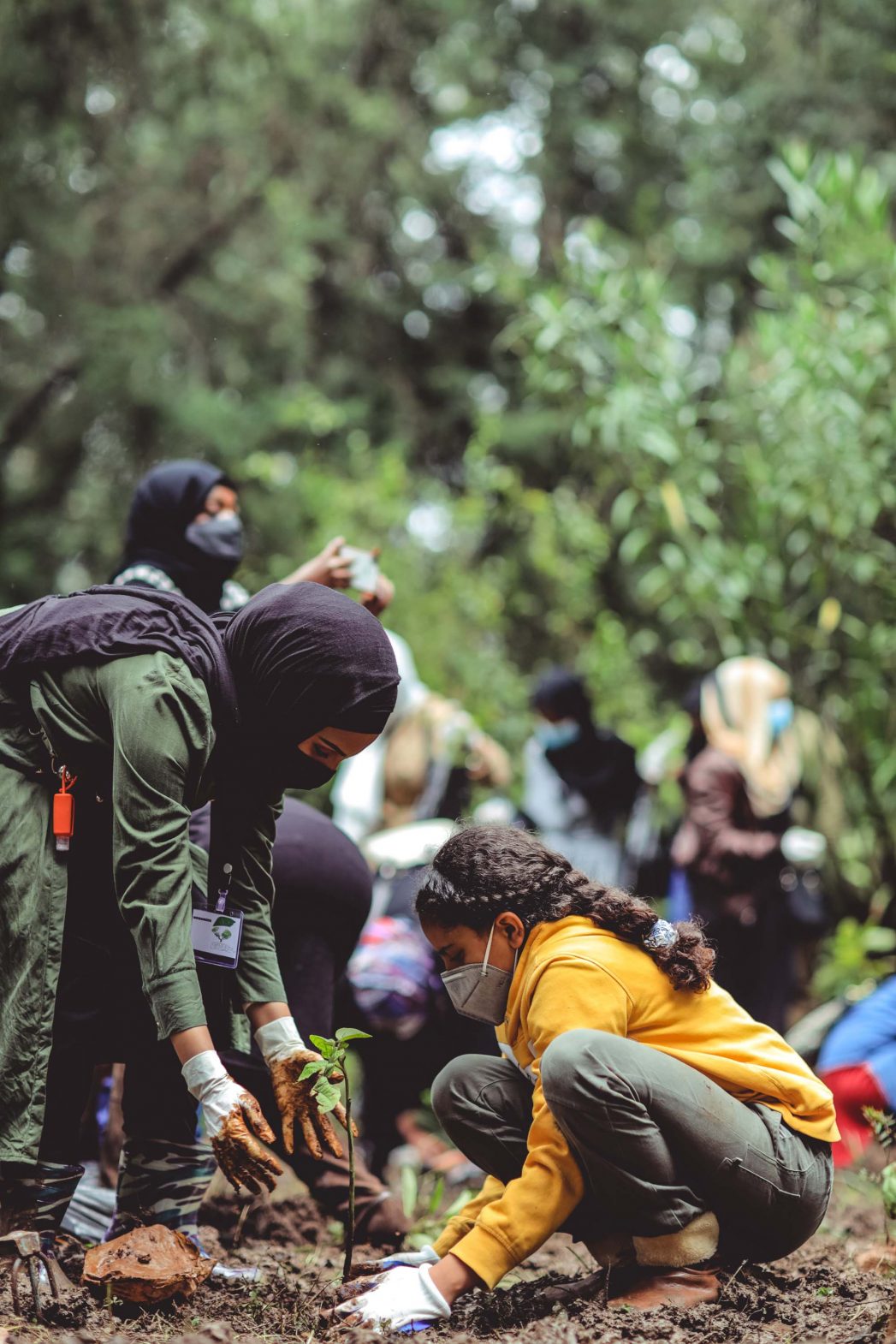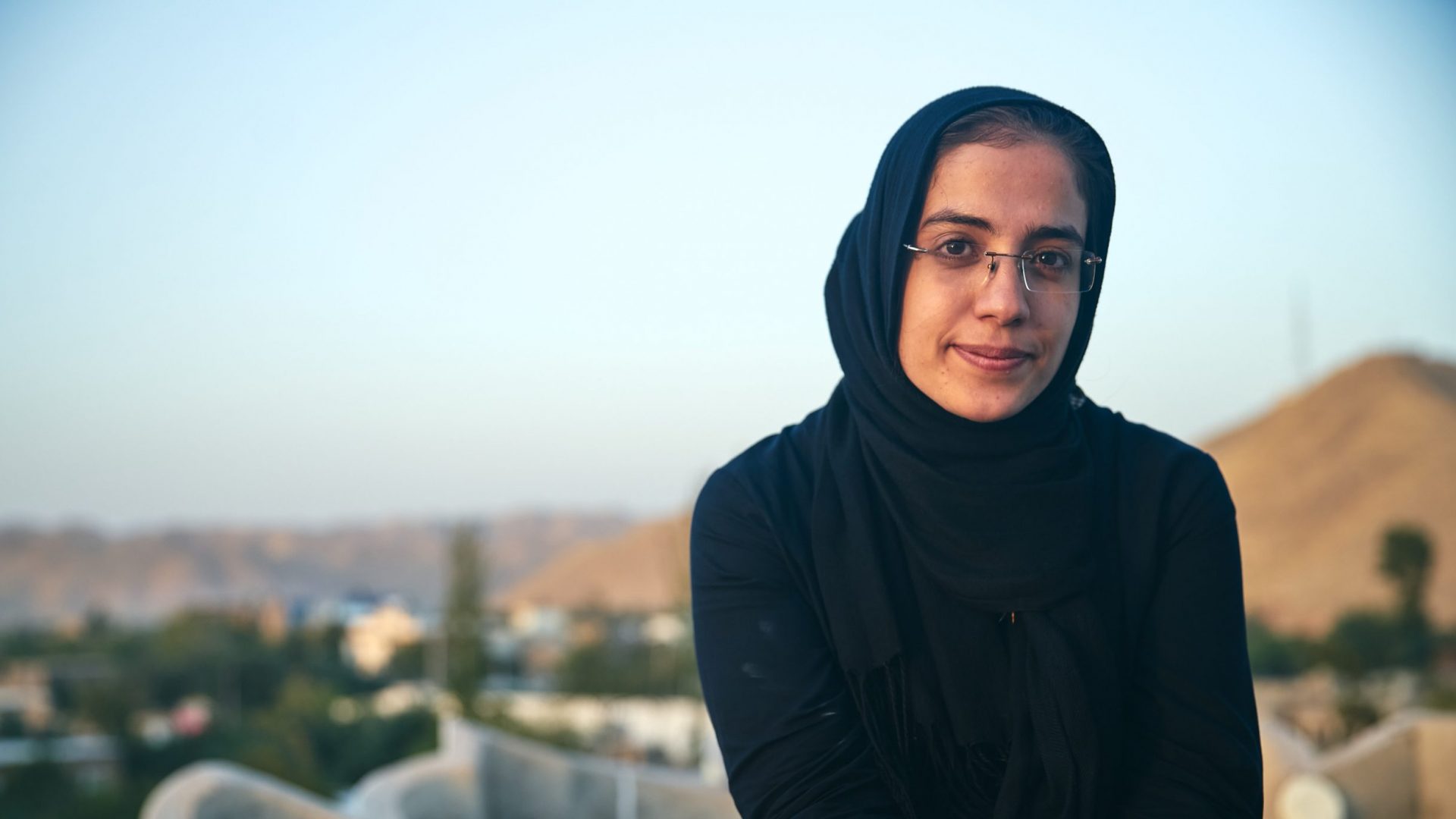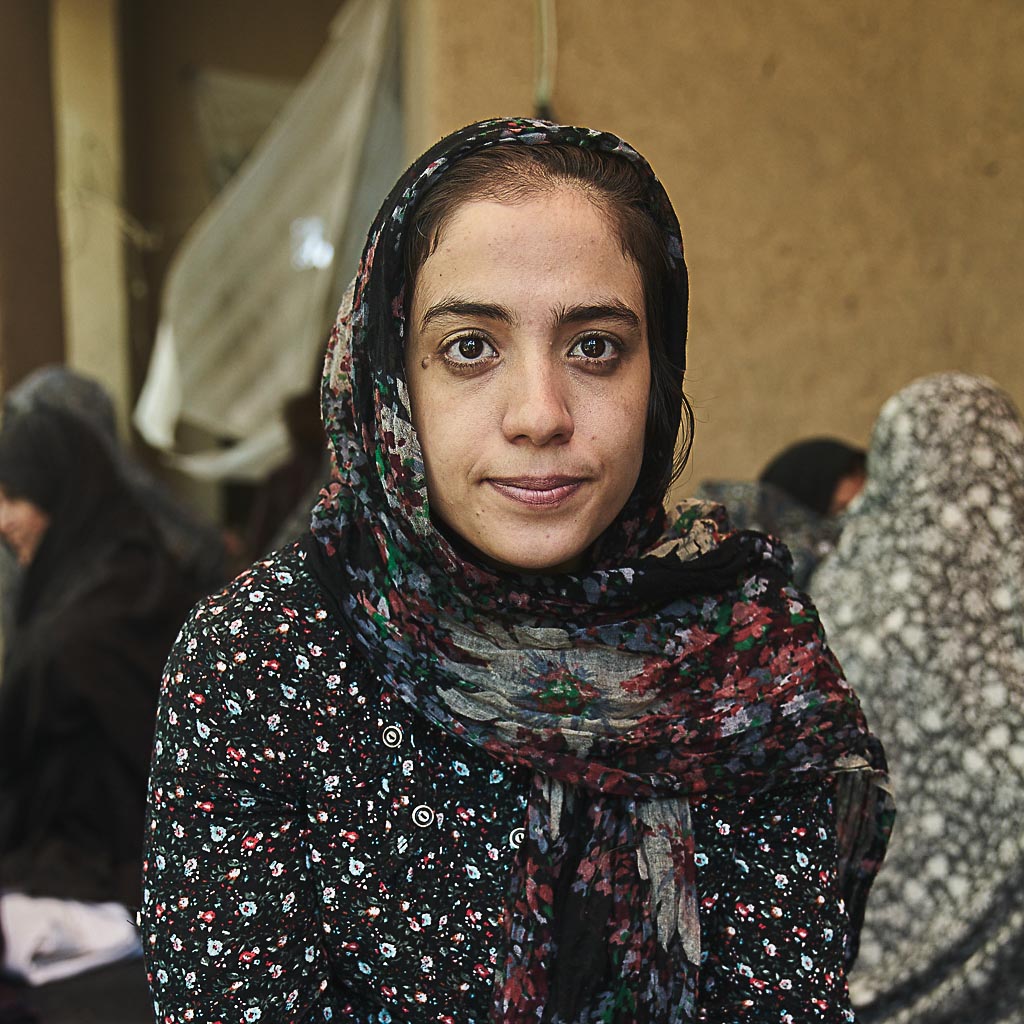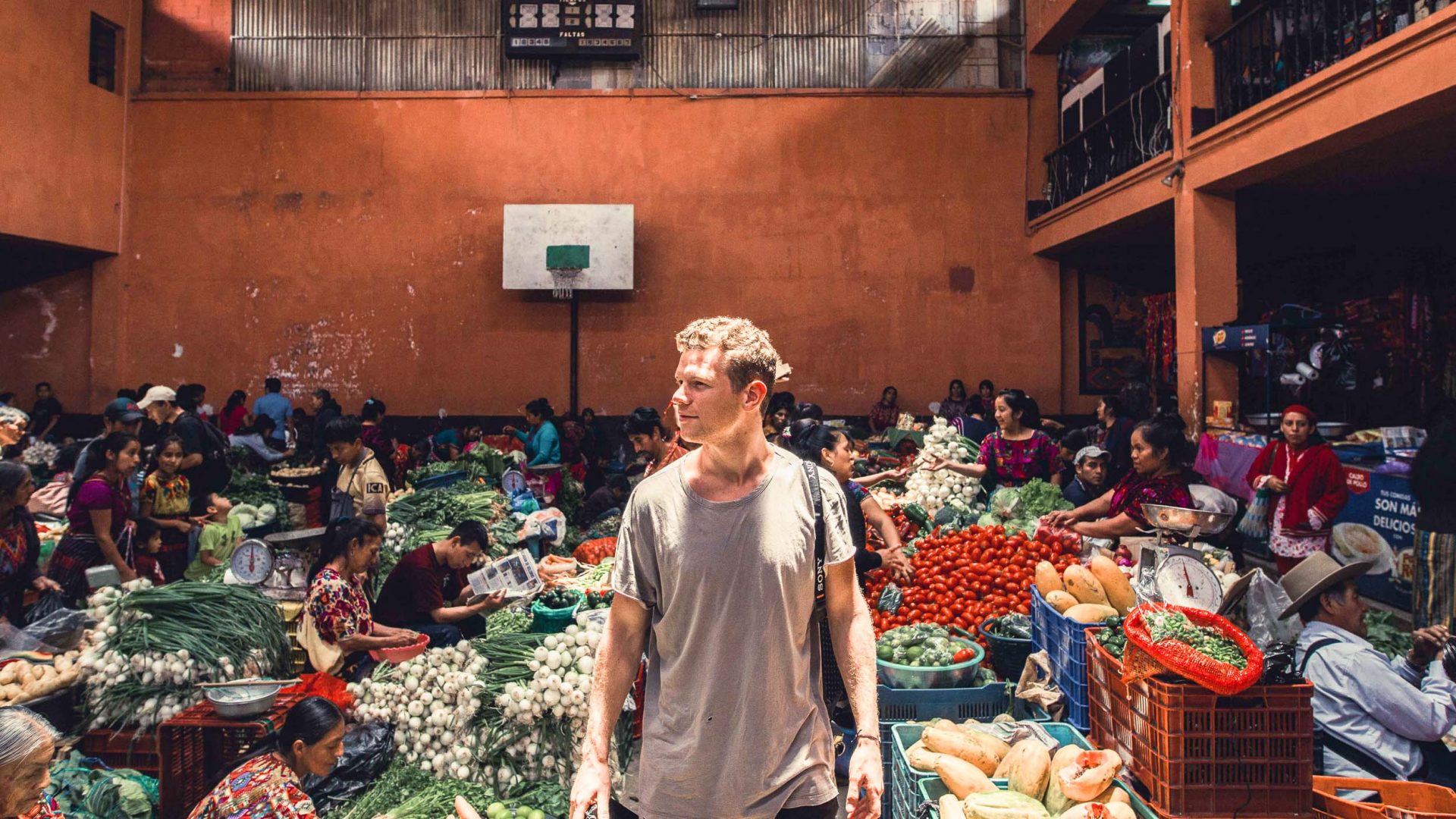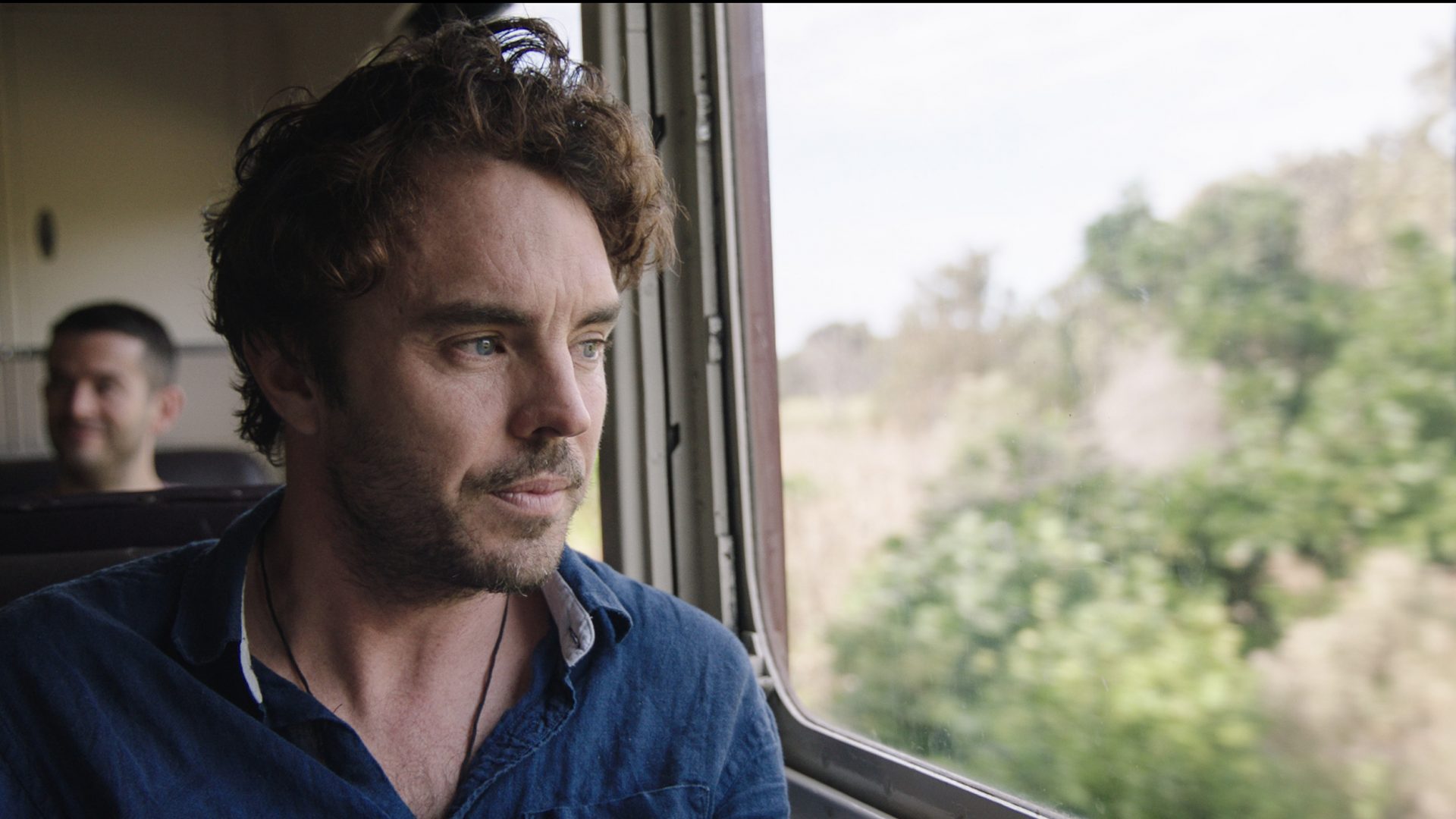
Many travelers think of themselves as global citizens, who care about the far-flung places they visit and people they meet as much as they would their own neighbors—some are even actively using their travels to spread a bit of good in the world. But, asks Tracey Croke, when disaster or difficulty strikes, and we’re at home, how can we use our resources to the best effect?
In her book Beyond Guilt Trips: Mindful Travels in an Unequal World, Dr Anu Taranath asks: “We need not necessarily have to travel to think about equity and making a difference. But if we are given the privileges to experience other societies and meet new people, then what good is learning from our global travels if you’re not going to put it to use when you get home?”
This question looped my brain as the events unfolded in Afghanistan recently; a place close to my heart after trekking through the Pamir Mountains with the Wakhi and Kyrgyz people in 2013.
Travelers now more than ever see themselves—and their tourist dollars—as a force for good. But when a humanitarian crisis strikes anywhere in the world, we feel distraught and completely helpless. What good can we do from afar for the places we visited and the people we met—or are yet to visit and meet?





